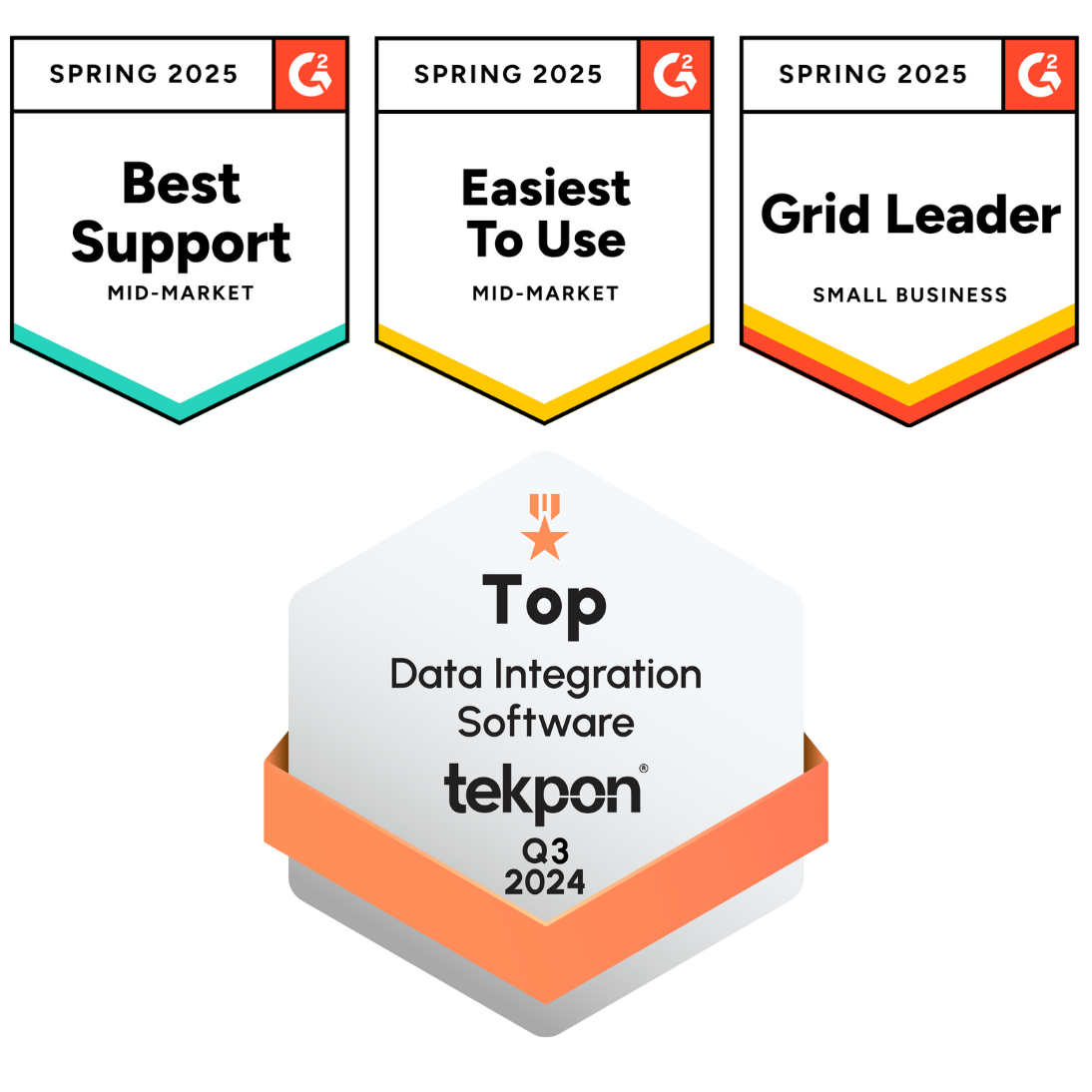Careers in Logistics and Distribution
June 18, 2025
Executive Summary
The U.S. distribution and supply chain sector is undergoing a profound transformation fueled by technology, data, and evolving global demands. While automation, AI, and digital platforms are revolutionizing logistics operations, the industry faces a talent gap, especially for middle-skill roles.
These jobs, many of which are “opportunity occupations” offering above-median wages without requiring a four-year degree, demand new competencies such as digital literacy, data analytics, and adaptive thinking.
This white paper highlights six of the most critical and in-demand job roles in distribution today, offering students and job seekers actionable insights into roles that blend traditional logistics know-how with next-gen tech skills.

Top 6 Distribution Job Roles in High Demand (USA)
| Role | Summary |
|---|---|
| Procurement Specialist | Manages supplier contracts |
| Inventory Analyst | Tracks and balances stock levels |
| Supply Chain Data Analyst | Turns data into logistics insight |
| Demand Planner | Forecasts future sales/demand |
| Transportation Planner | Designs efficient delivery routes |
| Warehouse Operations Manager | Oversees warehouse workflows |
1. Procurement Specialist / Sourcing Specialist
Role Overview
Procurement Specialists are responsible for identifying, evaluating, and managing supplier relationships to ensure the timely and cost-effective acquisition of goods and services. They negotiate contracts, assess vendor performance, and work closely with logistics and inventory teams to maintain supply continuity.

Skills Required
- Supplier and vendor management
- Contract negotiation and cost analysis
- ERP and procurement software (e.g., SAP Ariba)
- Risk assessment and compliance knowledge
- Communication and influencing skills
Industry Demand
Cited in 57.2% of MBA-level job ads (Sodhi et al.), procurement tops the list of critical supply chain competencies. With rising global uncertainties and supply chain disruptions, companies are prioritizing procurement talent capable of ensuring resilience, cost control, and supplier diversification.
2. Inventory Analyst
Role Overview
Inventory Analysts oversee stock levels across warehouses and distribution centers, ensuring optimal inventory turnover and product availability. Their role bridges demand forecasting, procurement, and logistics to reduce costs and improve service levels.

Skills Required
- Inventory management systems (IMS, WMS)
- Forecasting techniques and statistical analysis
- Excel and analytics tools (e.g., Power BI, Tableau)
- Demand planning collaboration
- Attention to detail and root cause analysis
Industry Demand
Inventory and forecasting skills are listed in over 51.6% of job postings (Sodhi et al.), reflecting the high priority placed on inventory accuracy and data-driven planning. AI and automation are further elevating the importance of analytical expertise in this function.
3. Supply Chain Data Analyst
Role Overview
Supply Chain Data Analysts interpret large datasets from logistics, procurement, and inventory systems to identify patterns, forecast demand, and improve operational efficiency. They are key to unlocking value from digital transformation.

Skills Required
- Data analytics (Python, SQL, Excel)
- Data visualization (Power BI, Tableau)
- ERP and TMS integration
- Predictive modeling and KPIs
- Communication of data insights
Industry Demand
Across O’Brien, Adebayo, and Adesoga reports, data analytics is consistently emphasized as a top competency. As supply chains become increasingly digitized, data fluency is no longer optional but essential.
4. Demand Planner
Role Overview
Demand Planners develop accurate forecasts to align supply with customer demand. They analyze historical sales data, monitor market trends, and collaborate with sales, marketing, and operations to create demand plans.

Skills Required
- Forecasting and planning tools (SAP IBP, Oracle Demantra)
- Market and trend analysis
- Scenario modeling and sensitivity analysis
- Cross-functional collaboration
- Machine learning basics for predictive forecasting
Industry Demand
Highlighted in both Sodhi and Adesoga, this role is undergoing an AI-powered transformation. Accurate forecasting reduces stockouts, cuts holding costs, and supports agile operations in a volatile market.
5. Transportation Planner
Role Overview
Transportation Planners coordinate the movement of goods using trucks, rail, ships, and air freight. They design routes, optimize costs, and ensure compliance with safety and regulatory standards.

Skills Required
- Route optimization software (e.g., Descartes, ORTEC)
- TMS (Transportation Management Systems)
- Regulatory knowledge (DOT, FMCSA)
- Cost modeling and freight rate analysis
- GIS and real-time tracking tools
Industry Demand
Emphasized in the O’Brien report and echoed in Adesoga’s discussion of AI in route optimization, transportation planners are vital in enhancing logistics efficiency amid growing delivery expectations.
6. Warehouse Operations Manager
Role Overview
Warehouse Operations Managers oversee day-to-day warehouse functions including receiving, storage, picking, packing, and shipping. They manage labor, enforce safety standards, and implement automation.

Skills Required
- WMS and warehouse automation systems
- Robotics, IoT familiarity
- Staff scheduling and labor management
- Safety protocols and compliance
- Continuous improvement (Lean, Six Sigma)
Industry Demand
As highlighted in Adesoga et al., the rise of “smart” warehouses is driving demand for tech-savvy managers who can integrate automation while maintaining operational excellence.
| Skill | Procurement | Inventory | Data Analyst | Demand Planner | Transport Planner | Warehouse Mgr |
|---|---|---|---|---|---|---|
| ERP/Software Tools | ✅ | ✅ | ✅ | ✅ | ✅ | ✅ |
| Data Analytics | ⚠️ | ✅ | ✅ ✅ | ✅ | ✅ | ✅ |
| Forecasting | ⚠️ | ✅ | ✅ | ✅ ✅ | ✅ | ✅ |
| Communication | ✅ | ⚠️ | ✅ | ✅ ✅ | ✅ | ✅ |
| Automation/Tech Knowledge | ❌ | ⚠️ | ✅ | ⚠️ | ✅ | ✅ ✅ |
| Risk & Compliance | ✅ ✅ | ❌ | ⚠️ | ⚠️ | ✅ | ✅ |
Other In-Demand Roles

7. Supply Chain Analyst
A generalist role that combines data analysis, ERP knowledge, and operational insights. These analysts support strategic decisions across procurement, logistics, and planning functions.
8. Compliance and Risk Analyst (Logistics)
Focused on regulatory compliance, operational risk mitigation, and global trade requirements. As ESG and cybersecurity concerns grow, this role is becoming increasingly important.
9. Logistics Coordinator
Handles scheduling, freight documentation, and communication across carriers and warehouses. A key entry-level position that offers exposure to various areas of supply chain operations.
10. Customer Service & Support Manager (Post-Sales Logistics)
Ensures smooth customer experiences through returns, order status updates, and issue resolution. This role directly supports customer loyalty and post-sale satisfaction.
Conclusion
The distribution industry in the United States is rich with opportunities for professionals equipped with a blend of operational know-how and digital skills.
For students and job seekers, the six roles outlined in this white paper represent high-growth, high-impact career paths in a sector that is rapidly modernizing. By pursuing targeted training in analytics, forecasting, automation, and digital tools, individuals can position themselves as indispensable assets in the modern supply chain.

References
- O’Brien, T., et al. (2020). Southern California Regional Workforce Development Needs Assessment for the Transportation and Supply Chain Industry Sectors – Center for International Trade and Transportation, CSULB.
- Sodhi, M. S., Son, B.-G., & Tang, C. S. (2008). ASP, The Art and Science of Practice: What Employers Demand from Applicants for MBA-Level Supply Chain Jobs and the Coverage of Supply Chain Topics in MBA Courses.
- Adebayo, V. I., Paul, P. O., Ogugua, J. O., & Eyo-Udo, N. L. (2024). Skill Development for the Future Supply Chain Workforce : Identifying key areas. Int. Journal of Applied Research in Social Sciences.
- Anaba, D. C., Kess-Momoh, A. J., & Ayodeji, S. A. (2024). Optimizing Supply Chain and Logistics Management: A Review of Modern Practices. Open Access Research Journal of Science and Technology.
- Adesoga, T. O., et al. (2024). The Rise of the Smart Supply Chain: How AI and Automation Are Revolutionizing Logistics. Int. Journal of Science and Research Archive, July 2024.




